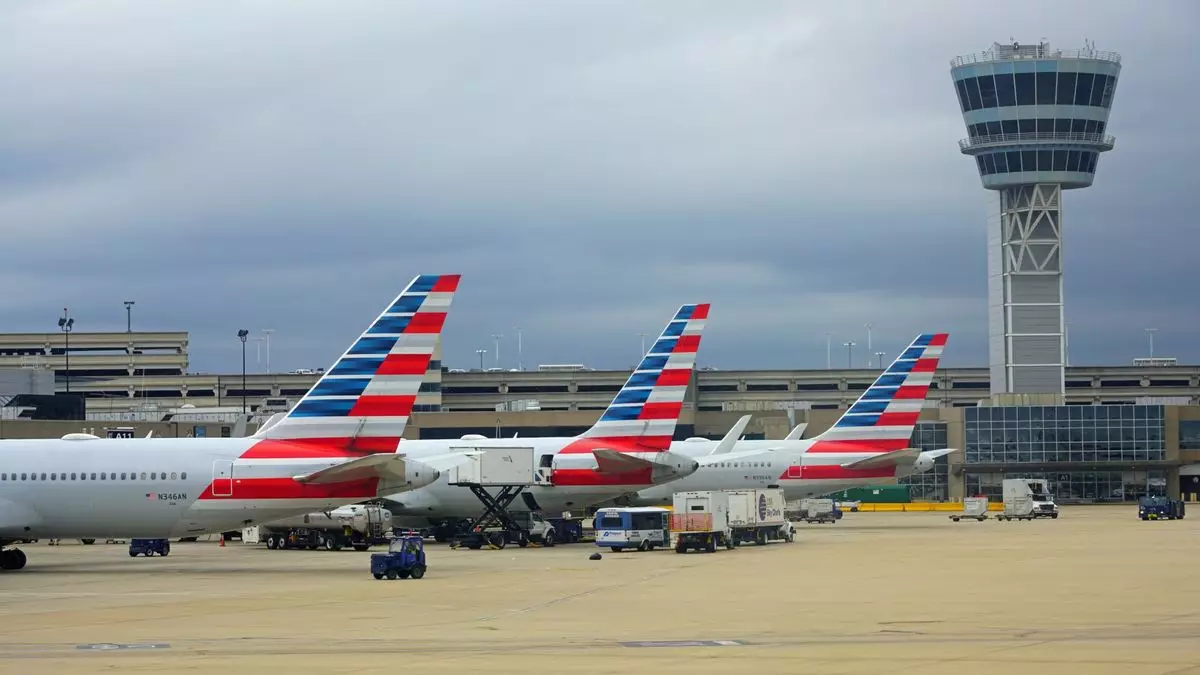American Airlines’ distribution strategy has sparked outrage among various travel industry groups around the world. ASTA, along with the WTAAA, ACTA, and FOLATUR, have all issued statements expressing their concerns over American’s decision to remove certain fares from legacy distribution systems. This move has forced travel agencies to use New Distribution Capability (NDC) connections in order to access these fares, causing frustration and inconvenience for many in the industry.
In response to American Airlines’ controversial strategy, ASTA has launched a consumer-facing website for travel advisors and their clients to voice their opposition. This initiative allows individuals to send messages to legislators, urging them to conduct a congressional investigation into American’s actions. By mobilizing both industry professionals and consumers, ASTA is taking a proactive approach in addressing the issues raised by American’s distribution strategy.
The WTAAA has raised concerns about the potential consequences of American Airlines’ tactics. According to the WTAAA, American’s strategy could lead to the fragmentation of distribution channels, a rise in costs, and a reduction in transparency for consumers. By limiting loyalty point eligibility for agency bookings, American is creating barriers for consumers who rely on travel agencies to compare offerings across different airlines. This lack of transparency could ultimately harm consumers’ ability to make informed decisions.
ACTA president Wendy Paradis has also highlighted the negative impact of American’s distribution strategy on consumers. By restricting loyalty point eligibility for agency bookings, American is placing consumers at a disadvantage when booking through travel agencies. This move could potentially deter consumers from using agency services and lead to a decline in overall bookings. The travel industry as a whole could suffer as a result of American’s actions.
ASTA president and CEO Zane Kerby has emphasized the widespread impact of American Airlines’ distribution strategy on the travel industry. With support from various international organizations, ASTA is working to address the challenges posed by American’s decision to prioritize NDC connections over legacy distribution systems. The travel industry must come together to advocate for greater transparency, accessibility, and fairness in distribution practices.
American Airlines’ distribution strategy has sparked criticism and concern within the travel industry. By restricting access to certain fares and loyalty points, American is creating barriers for travel agencies and consumers alike. It is essential for industry stakeholders to work together to address these challenges and advocate for a more inclusive and consumer-friendly distribution system. Only through collaboration and advocacy can the travel industry overcome the obstacles presented by American’s distribution strategy.

